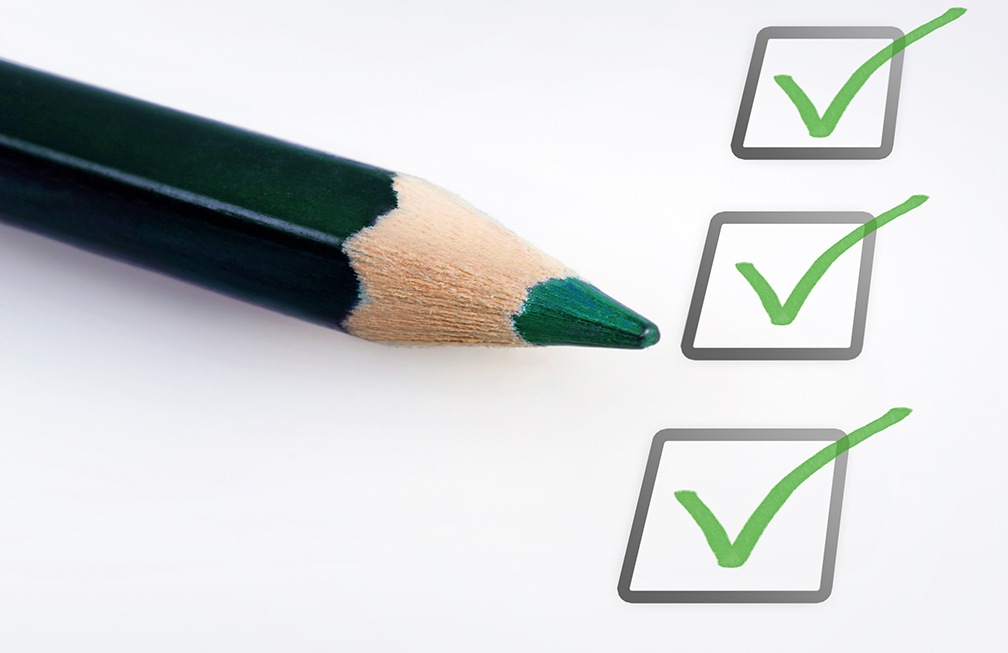 Often times, home buyers can be disappointed when they find their dream home only to discover they are not able to get a mortgage to purchase the property. There are methods that potential buyers can use to ensure this does not happen to them.
Often times, home buyers can be disappointed when they find their dream home only to discover they are not able to get a mortgage to purchase the property. There are methods that potential buyers can use to ensure this does not happen to them.
One of the options is to ensure you obtain a pre-qualification from your lender. It is important to understand the difference between a pre-approval and a pre-qualification. While both are helpful, they do not carry the same weight.
What are the differences between these options?
A pre-qualification allows a borrower to determine how much money they may be able to borrow. For most borrowers, this allows them to start the house-hunting process with a mortgage amount in mind. Borrowers should understand, while the loan amount can be calculated, changes in interest rate as well as the borrowers credit are not evaluated in this process.
In general, the lender will request specific information from the borrower including income and expenses as well as ask about their credit. None of this information is typically verified by the lender through an underwriting process before sending a pre-qualification letter.
On the other hand, a pre-approval requires the borrower to provide a number of documents to the lender, typically the same documents borrowers need to apply for a loan. The documentation supplied to the loan professional is then treated as a full purchase loan application and run through underwriting to secure a conditional commitment from a bank or mortgage lender.
Oftentimes, this difference between the two options leads borrowers to speculate as to whether a pre-qualification is useful.
Why pre-qualification helps in your home hunting?
There are many valid reasons why potential homebuyers should ask about pre-qualifying for their mortgage. Some of these include:
- Home prices – if a borrower is eligible for a mortgage of $200,000 they will know they will have to seek homes in a specific price range. If a borrower is only able to put down 10 percent, they know the maximum home price they can afford is $220,000.
- Down payments – in most cases, borrowers who can afford to put down a large down payment will have more options available to them. In some cases, understanding how much mortgage a borrower may qualify for beforehand allows them to save additional money for a down payment.
- Estimates of dollars needed – another advantage to pre-qualifying is borrowers can get an idea of what additional closing costs they may need to qualify for a mortgage. This can be very helpful for a first time home buyer.
Pre-qualifying for a loan can save a home buyer from being disappointed. There are few things that are more upsetting than finding a home you love only to discover you are not eligible for the loan you need in order to purchase that home.
Typically, when you are seriously looking for your next home it would be a good idea to move to the full pre-approval process in order to get the most leverage when you find the home of your dreams.
As always, it’s a good idea to consult with your trusted real estate professional for advice when preparing to look for your new home.
 When you are considering purchasing a home , understanding the lending guidelines regarding a down payment is important.
When you are considering purchasing a home , understanding the lending guidelines regarding a down payment is important.  Are you current or former member of the US military service who is looking to buy a new home? If so, you will be pleased to know that there are some special mortgage programs that are open to you. Let’s take a look at five reasons why a mortgage backed by the Department of Veterans Affairs is an excellent choice when buying your new home.
Are you current or former member of the US military service who is looking to buy a new home? If so, you will be pleased to know that there are some special mortgage programs that are open to you. Let’s take a look at five reasons why a mortgage backed by the Department of Veterans Affairs is an excellent choice when buying your new home. The economy seems to be heating up rapidly, but home loan interest rates are still at historically low levels. Real estate values have climbed a bit across the country, but low interest rates and affordable prices makes for an excellent opportunity for new homeowners to get into their first home before it rates and prices rise higher.
The economy seems to be heating up rapidly, but home loan interest rates are still at historically low levels. Real estate values have climbed a bit across the country, but low interest rates and affordable prices makes for an excellent opportunity for new homeowners to get into their first home before it rates and prices rise higher. Are you ready to join the ranks of homeowners in our local community? Congratulations – homeownership is a big step towards building your net worth and financial freedom.
Are you ready to join the ranks of homeowners in our local community? Congratulations – homeownership is a big step towards building your net worth and financial freedom. Whether you are purchasing a new home or you are considering applying to refinance your home, chances are the lender will require an escrow account. These accounts are often a source of confusion for homeowners. In reality, these accounts benefit the homeowner and help protect the lender.
Whether you are purchasing a new home or you are considering applying to refinance your home, chances are the lender will require an escrow account. These accounts are often a source of confusion for homeowners. In reality, these accounts benefit the homeowner and help protect the lender.